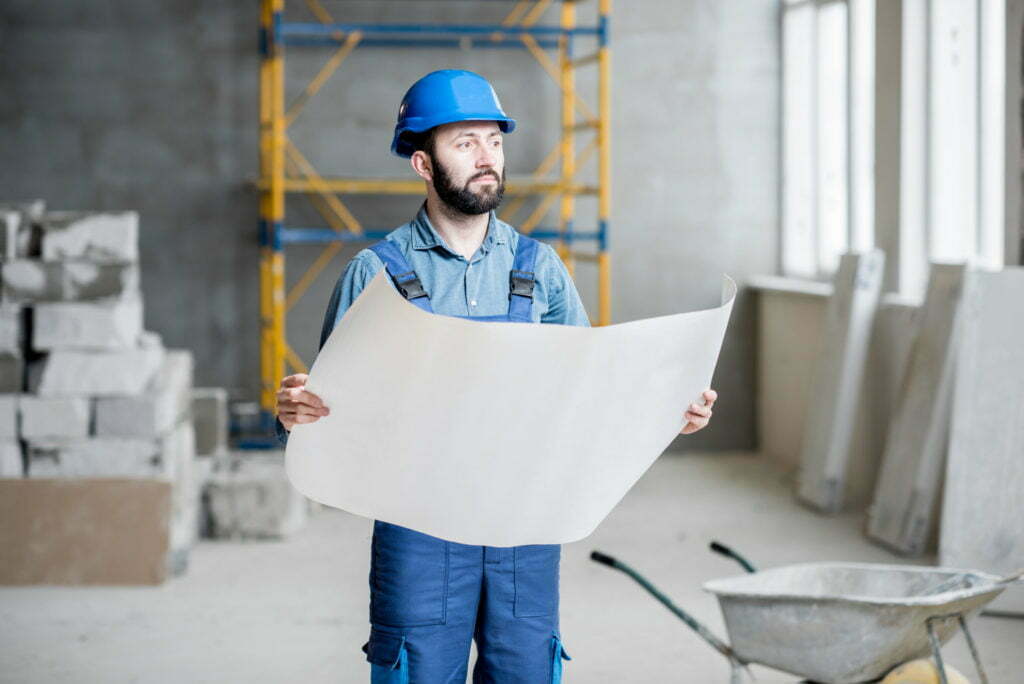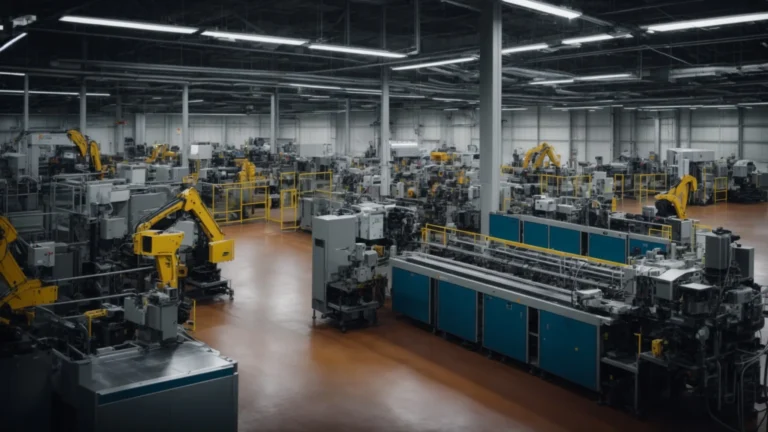When you build your own home, you will be able to have complete control over the design and layout of your property. You also get to choose the materials that are used, as well as find top-notch contractors to work with you on the project. This can result in cost savings, as it will reduce the amount of remodeling and renovation you need to do after you move in. It also ensures that you are happy with the final result since you will have far more say in the process. However, it is crucial to be prepared and know what to expect if you want to have a positive experience. Keep reading for a guide to everything you need to know about building your own home.
What do you need to know about building your own home?

If you want to build your own home, you should work with a contractor that provides custom home building. That way, you can get advice and support from a professional who understands your needs and who can design and build the home of your dreams. Additionally, these contractors often have years of experience and can help you avoid common mistakes that can be made during the home-building process. Working with a custom home builder can even save you money, as they typically get better deals on materials and labor due to their large volume of business.
After hiring the contractors and professionals you will need to assist you, you can start making decisions about what you want your home to look like. When designing your property, your only real limits are your budget and your imagination. You’ll need to choose a location, a floor plan, features, materials for the interior and exterior of the home, and more. Remember that building a custom home will take longer than purchasing a pre-built property, so leave yourself plenty of time to complete the project before you plan to move in.
Once you have built your home, you will need to obtain insurance for it. The insurance you choose will protect your home in the event of a fire, theft, or other disasters. Consider the climate in your area and how it may change in the future. Anyone who lives near the coast, for instance, should definitely make it a priority to purchase flood insurance.
How else can you improve your new home?

Now that you know more about how to construct your new home, let’s talk about ways you should consider improving it after you move in. Since you’ll have built your home to meet your specifications, you won’t need to worry about major remodeling projects. Still, that doesn’t mean there aren’t smaller upgrades you can make that will significantly improve your quality of life. For example, you could purchase an indoor air purifier that will remove dust, dirt, allergens, and other contaminants from your home’s indoor air, improving its overall air quality.
The quality of your indoor air has a major impact on your comfort, but the temperature does too. That’s why you may want to think about upgrading to a smart thermostat. One of the best things about a smart thermostat is that it can help you save money on your energy bill. Smart thermostats are able to do this by learning your habits and adjusting the temperature accordingly. Some models are even able to provide insight into your energy habits, so you can optimize your energy usage to be as eco-friendly as possible and reduce your carbon footprint.
As you can see, there’s a lot to learn before you start building your own home. The good news is that there are also many products and services that can assist you throughout the process. You can start by hiring a contractor that has experience with custom home building, then begin the work of creating a design plan that fits your budget and your preferences. Don’t forget about logistics like insurance either. After your home is complete, you can create a healthier and more comfortable environment by purchasing an air purifier and upgrading to a smart thermostat. Follow this advice and you’ll be on your way to living in your dream home.



